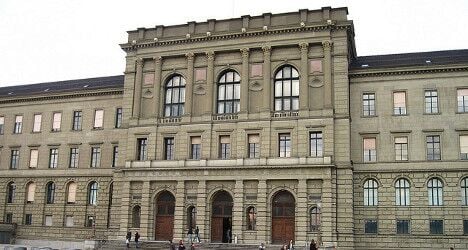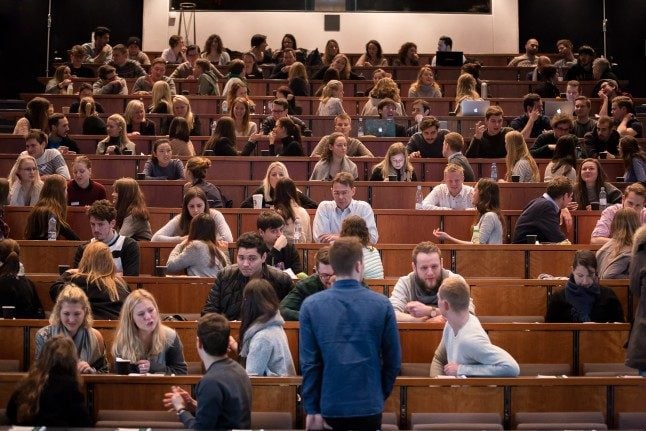The Swiss federal technology institute placed 8th in the 2016/17 rankings, released on Tuesday, one place higher than last year, making it the only university inside the top ten that isn’t in the US or UK.
Now in their 13th year, the annual rankings are compiled by global higher education analysts Quacquerelli Symonds (QS), and rank 916 institutions according to four key pillars: research, teaching employability and internationalization.
For the first time in more than a decade US universities took all three top spots, with MIT placing first for the fifth successive year ahead of Stanford and Harvard, knocking Britain's Cambridge to fourth.
In eighth place, ETH Zurich’s rise this year is “a result of an improvement in its standing among employers, and an improvement in its relative research performance,” said QS in a statement.
According to QS, Swiss researchers are producing approximately 70 citations per researcher a year, more than double the global average of 28 citations per researcher.
Switzerland’s other federal technology institute, EPFL in Lausanne, retained 14th place, making it the second best university in continental Europe.
Both placed far ahead of the next-ranked university in continental Europe, the Ecole Normale Supérieure in Paris, which took 33rd place.
Elsewhere in Switzerland, the University of Zurich rose five places to 80th and the University of St Gallen broke into the top 300 at 288, having been outside the top 400 just two years ago.
Ben Sowter, Head of Research at QS’s Intelligence Unit, attributed Switzerland’s success in part to its world-leading performance in the internationalization pillar.
Seven of Switzerland’s eight universities scored full marks for 'international faculty ratio', while the university that does not, the University of Lausanne, nevertheless scored an impressive 99.4 out of 100.
“This year’s rankings indicate that targeted long-term investment in higher education, whether from private endowments or the public purse, is paying dividends,” said Sowter.
“Switzerland’s universities are benefiting from above-average investment in education and an extremely high quality of living. Both of these factors continue to make Swiss institutions highly attractive destinations to the world’s best researchers, and they are reaping the rewards.”



 Please whitelist us to continue reading.
Please whitelist us to continue reading.
Member comments